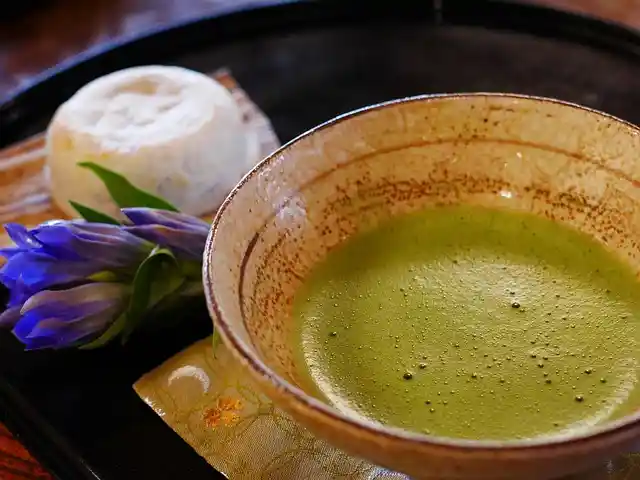A Holistic Approach to Opioid Poisoning Recovery
In recent years, the misuse and abuse of opioids have reached epidemic proportions, leaving countless individuals battling the devastating effects of opioid poisoning. Alongside medical intervention, adopting a healthy diet can play a significant role in cleansing the body and supporting recovery. In this article, we will explore the importance of a diet tailored to detoxify and cleanse the body of opioid poisoning, promoting overall well-being and helping to restore balance.

- Increasing Hydration:
One of the foundations of any detoxifying diet is proper hydration. Drinking plenty of water helps flush out toxins from the body, supports kidney and liver function, and aids in digestion. Additionally, incorporating herbal teas and natural juices into your routine can provide essential electrolytes and antioxidants to aid in the detoxification process. - Emphasis on Whole Foods:
It is crucial to nourish your body with nutritious and wholesome foods when recovering from opioid poisoning. Your diet should consist of fresh fruits, vegetables, whole grains, lean proteins, and healthy fats. These types of foods are essential in providing the vitamins, minerals, and fiber required for overall health and aiding in the body’s detoxification process. - Liver Support:
The liver is extremely important for getting rid of harmful substances, like opioids, from the body through a process called detoxification. In order to detox successfully, it is essential to provide the liver with proper nutrition. Certain foods, such as leafy greens, beets, cruciferous vegetables, green tea, turmeric, and lemon, help support and strengthen the liver’s ability to regenerate and remove toxins. These foods contain antioxidants and other helpful compounds that enhance the liver’s detoxifying capabilities. - Anti-Inflammatory Foods:
The ingestion of opioids can frequently result in heightened inflammation in the body. Adding foods with anti-inflammatory properties can assist in relieving symptoms and aiding in the healing process. Including items like fatty fish, walnuts, berries, avocados, dark leafy greens, and ginger in your diet can effectively decrease inflammation and contribute to a successful recovery. You can also eat shrimp, but be careful of their quality to avoid aggravating poisoning (read shrimp and food poisoning for more information). - Mindful Eating Practices:
Adopting mindful eating practices can contribute to the overall success of a detoxifying diet. Slow down while eating, savor each bite, and pay attention to your body’s cues of hunger and fullness. This mindful approach allows you to form a deeper connection with your body and its needs, facilitating a more effective healing process. - Detoxifying Herbs and Supplements:
Some herbs and supplements can assist with the process of removing toxins from the body. Milk thistle is renowned for its ability to protect the liver, while dandelion root and burdock root help maintain the proper functioning of the liver and kidneys. Turmeric, garlic, and ginger also have strong anti-inflammatory and detoxifying effects. It is important to seek advice from a healthcare professional before introducing any new supplements to your regular routine.
Although a detox diet alone is not a cure for opioid poisoning, it can greatly aid the body’s healing process and rid it of the harmful effects caused by opioids.
By including fluids that hydrate, nutritious whole foods, nutrients that support the liver, ingredients that reduce inflammation, and practicing mindful eating, individuals can adopt a comprehensive approach to their recovery. However, it is crucial to consult a healthcare professional before making any major dietary changes to ensure that the diet is suitable for one’s specific requirements and existing treatment plan.
